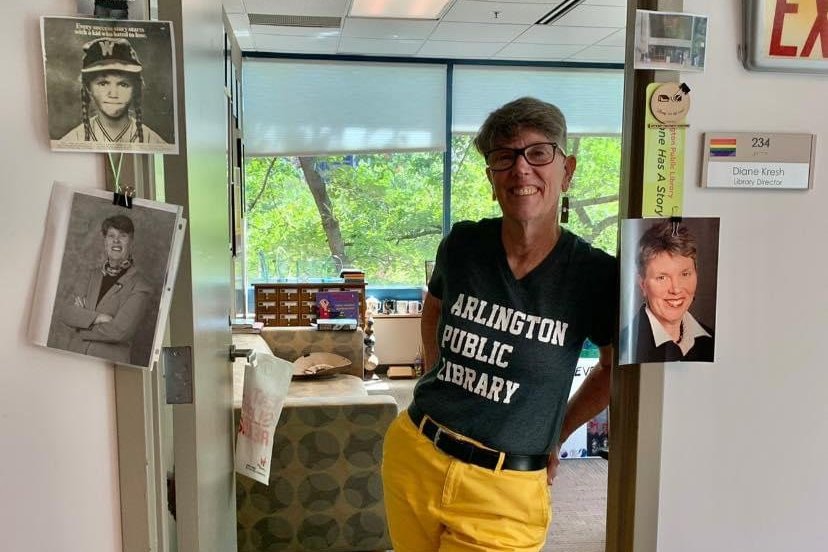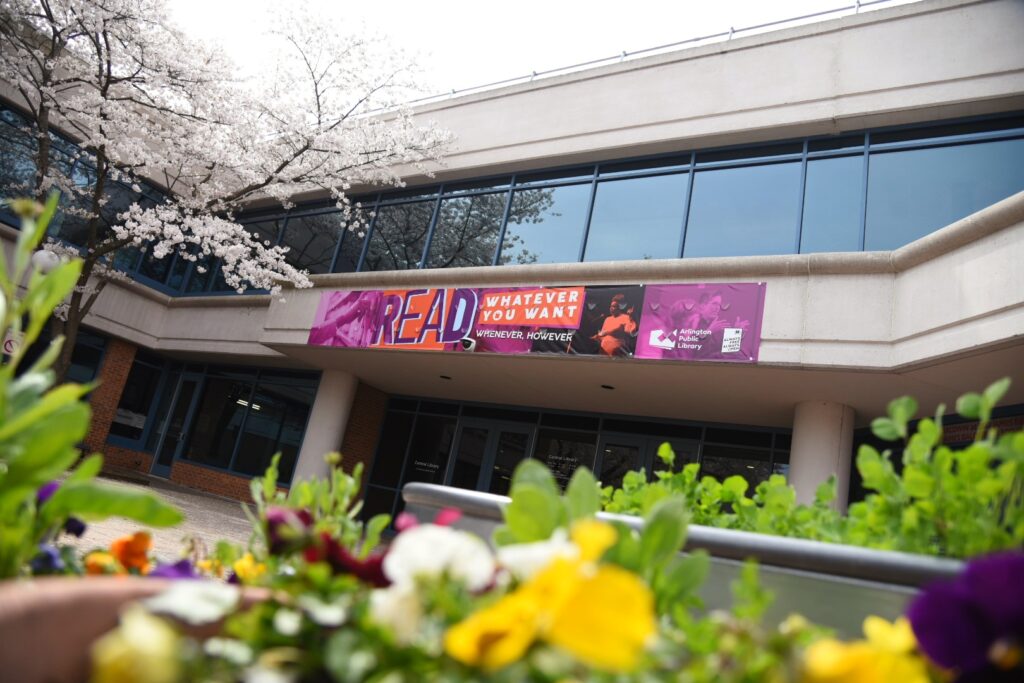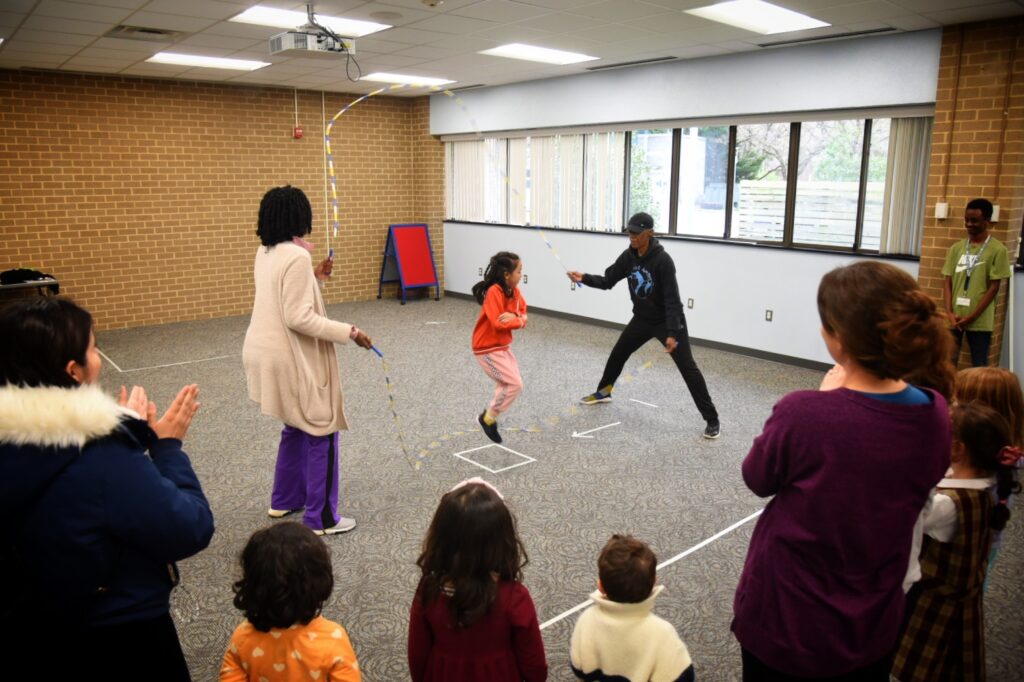Libraries: Where You Belong

This is a special year for me: my 50th year working in libraries.
When I began working at the Library of Congress in 1974, there were no computers, no Internet, no social media, no Alexa to wake me up in the morning, no telework, no eAudiobooks.
Then the nation was a couple of years past the enactment of Title IX which has made possible the careers of outstanding women athletes. More than 12 million people tuned in to watch the rematch between Caitlin Clark's Iowa Hawkeyes and Angel Reese's LSU Tigers — a new record for a women's college basketball game. (Sports and books have been some of my favorite pastimes.)
Over the past 50 years, libraries also have undergone significant change.

The replacement of the manually generated catalog card with machine-readable data was a major disruption. An essential resource for nearly 200 years, the passing of the venerable card catalog made way for online cataloging of library collections, now available on an app on your phone.
In 1990, the American Library Association implemented a policy to ensure equal access to information for all persons by recommending removing barriers like fees and overdue charges. Arlington Public Library eliminated fines and fees for overdue books in July 2020.
Banned Books Week was established by the American Library Association in 1992 in response to a surge in book bans in libraries and schools. In the U.S. today, book bans and challenges have risen at an unprecedented rate. Especially affected are books written by LGBTQIA+ and BIPOC authors. Arlington Public Library became a Book Sanctuary in September 2023.
From the beginning of my career, I have stood up for intellectual freedom. I believe books change lives and connect us to the world. Books and what they teach create more opportunities for us, our community and the world. Books and their stories promote tolerance, acceptance and understanding.
And I can’t say it often enough, libraries are more than books. They are “third places,” not home, not school or work. They are community hubs that connect people to information and connect people to people. For young people, librarians are “third” adults – not teachers or parents – trusted adults who will listen with compassion and without judgment.

For older adults, we offer a variety of programs to make connections (like book clubs, mindfulness practices and chair yoga) and learn new things (such as digital preservation, knitting and foreign languages). And the list goes on …
I have devoted 50 years of my life to what I still believe is essential, affirming work. Libraries are central players for the public good. Libraries are places of belonging. Libraries are free. Libraries are open to all.
Join us this week to celebrate books, those who write them and those who make them available to you.

Diane Kresh
Director, Arlington Public Library